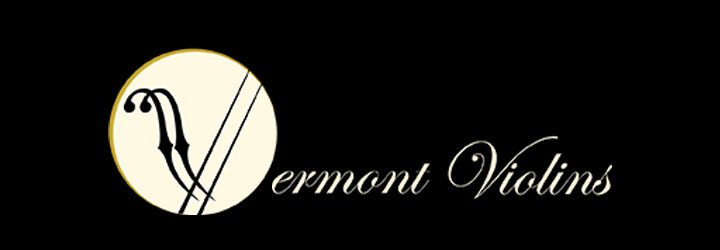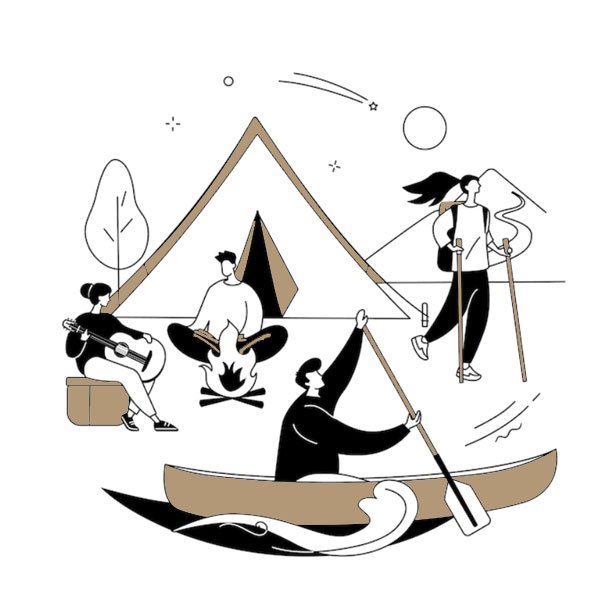Are you choosing the right Summer Camp for your child?
This is an unabashed plug for a string-oriented music camp if your child plays a bowed, string instrument. Here is why:
1) Maintaining fine motor skills: Your child has been working on developing fine motor skills. Fine motor skills require constant repetition. “Taking the summer off” does not mean your student comes back at the same level. The muscles actually lose those memories and the student starts again in the fall somewhere around the December/January level of the previous year.
2) Expanding the student’s peer group: Summer camps are a way to meet new players and get exposure to new techniques. Different schools and studios study different music. Different music requires different skills – low 2 vs high 2 on the A string, a different bowing pattern. New ideas and music can be motivating!
3) Having fun with music: Playing an instrument is a group activity, like a soccer team. The power of the music expands as you coordinate with other players and add the other parts. A solo violin playing the Star Wars theme is not as powerful as an orchestra playing the theme. That group experience is often what motivates a student to practice. As well as seeing what others around them can do better than they can.
Choosing a camp requires a little thought. Things to consider: playing level, personality, and attention span. Playing level – this can be the level of the book they are using in school or lessons, and/or the number of years the student has played. Camp websites usually have a description that includes required skill sets. If you are uncertain, send an email describing your students’ experience with their school and teacher’s name. You can also email their teacher with the link to the camp and get their opinion. Personality – is your child an introvert or an extrovert? For shy students, having at least one other person they know in the program will be helpful during the first year. For an extrovert, that may not be an issue, but try and give your child a couple of choices for camps. Keep in mind their other interests, some of the camps include art or physical activities, others do not. Duration – if your child is younger, or practices about 15 minutes a day, a half-day camp may be a better start. Or, a camp with a variety of activities during the day in addition to playing their instrument.
Overnight versus day camps. There are Suzuki-oriented overnight camps, Traditional Music overnight camps, and there are intermediate to advanced level classical overnight camps. The Suzuki program overnight camps range from beginning book levels to advanced book levels. Parents or family members go together to the program, like the weekly lessons. There are workshops for the parents as well as the students. Traditional music camps often provide a camping option and can be a specific genre or a wide variety of genres. Adult supervision is typically a parent’s responsibility. Students have the option of signing up for a variety of classes over the weekend or week. The intermediate and advanced classical camps require auditions. The audition process often starts in January or February and works best when teachers help with the preparation. Students may apply to multiple camps and look for scholarship opportunities as well.
Instrument preparation for camps is straightforward. A spare set of strings often comes in handy. Students may tune their instruments on their own and break a string. Check the bow before you go. The change in humidity from winter to summer often leaves bow hair too long and unable to tighten properly. A quick rehair or swapping out your rental bow will get you ready for camp. Make sure you bring your rosin, shoulder rest, or endpin anchor!

